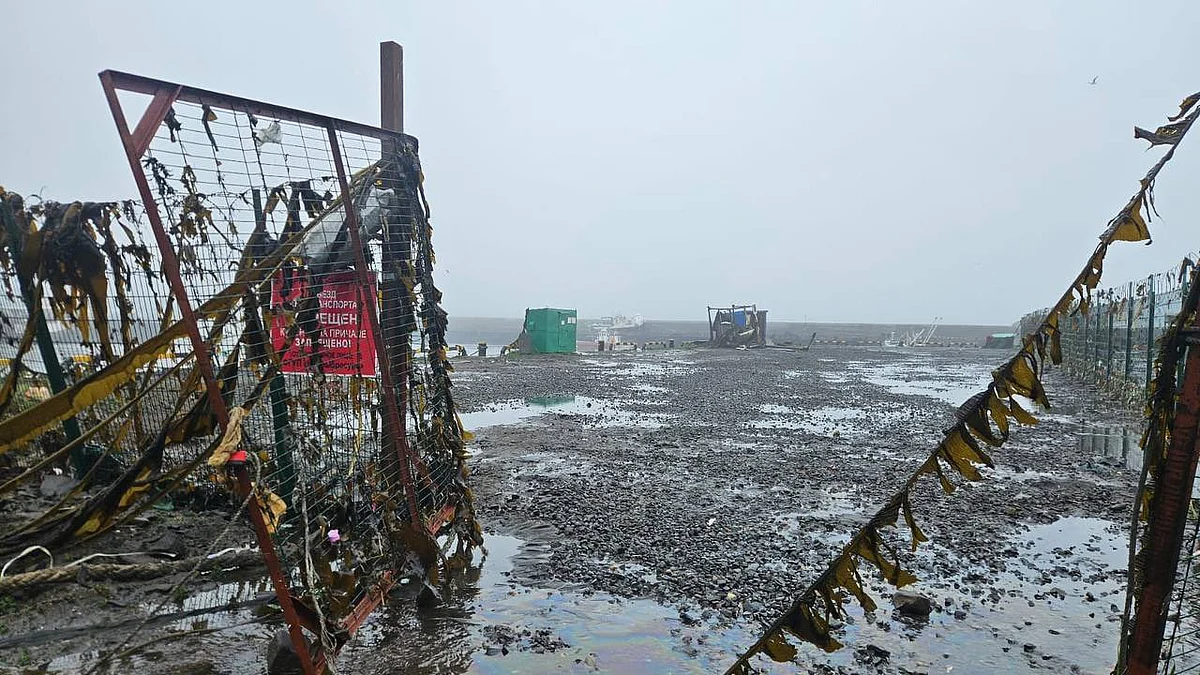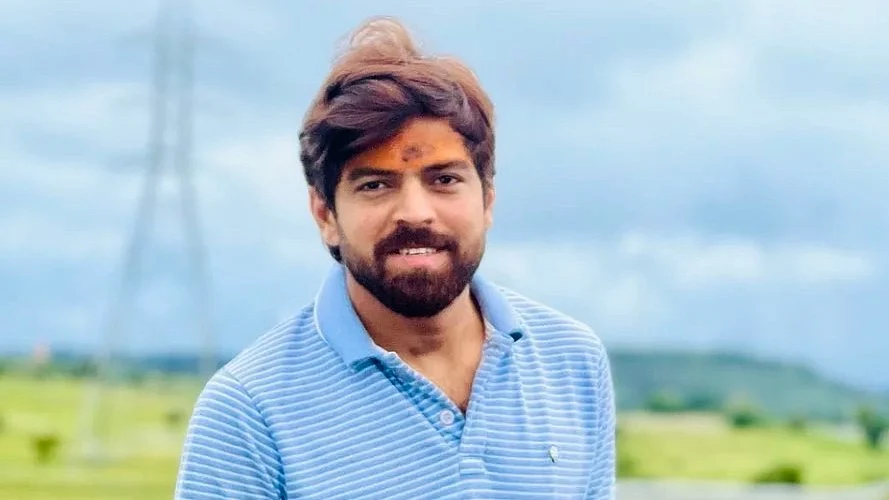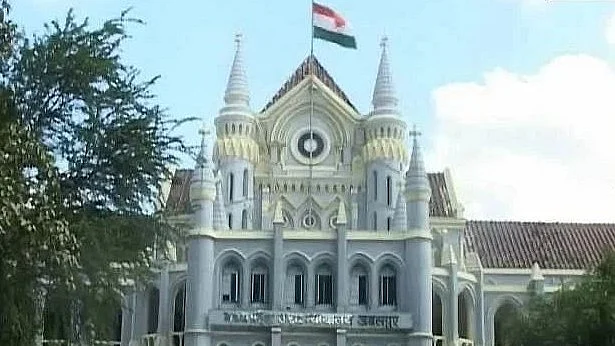Bhopal (Madhya Pradesh): The Disaster Management Institute (DMI), in collaboration with UN Women India, convened a state-level consultation on Gender-Responsive Disaster Risk Reduction (DRR) at the DMI campus in the city.
The consultation served as a platform for senior government officials, representatives from Home, Home guard, Relief commissioner office, AIGGPA, forest, MP Rajya Niti Aayog, RSK, Animal Husbandry, IMD, DDI, Urban Administration, MPSSS, Revenue, various state departments, civil society organisations (CSOs), and UN agencies to deliberate on strengthening gender equity in disaster governance and resilience planning.
The programme began with an introductory address by Sudheer Dwivedi, Joint Director, DMI, highlighting the state’s diverse risk profile and the importance of integrating gender-sensitive approaches into disaster preparedness and management. This was followed by a ceremonial lighting of the lamp, symbolizing unity and collective commitment.
George V Joseph, Joint Director, DMI, presented a comprehensive programme overview, setting the tone for a day of dialogue and collaborative learning.

In the Special Address, Anil Gulati, Chief of Field Office (a.i.) of UNICEF Madhya Pradesh, emphasized the significance of inclusive risk reduction, particularly addressing the needs of women and children during crises.
Joyatri Ray, State Lead of UN Women Madhya Pradesh, reiterated the importance of strengthening gender-disaggregated data systems and elevating the role of women leadership in DRR.

The inaugural address was delivered by Ashish Bhargava, IAS, Executive Director, DMI, who underlined the government’s commitment to mainstreaming gender in disaster risk reduction policies and urged for strengthened inter-departmental coordination.
The first technical session was conducted by Joseph, who shared an analysis of Madhya Pradesh’s hazard exposure, vulnerability mapping, and institutional capacities, with special focus on high-risk and marginalised populations.
It was followed by a virtual presentation by SDMA Odisha, which showcased scalable and community-led disaster resilience models implemented in the state.
Somabha Mohanty, UN Women India on the gender dimensions of DRR, opportunities for capacity building at the grassroots, and global policy alignment with the Sendai Framework and PM’s 10-Point Agenda.
In a group discussion session, participants were divided into four thematic working groups focusing on disaster preparedness, disaster response, disaster prevention and mitigation and disaster rehabilitation.
Each group assessed their assigned phase through a gender-sensitive lens, identifying gaps in current policies and proposing actionable, inclusive recommendations. The discussions emphasised the integration of women’s voices in planning, the use of gender-disaggregated data, and the importance of inclusive early warning and relief systems.
It also included policy recommendations to integrate gender across state and district-level DRR strategies, identified actions to improve data systems and local capacity building , commitments from stakeholders to promote gender equity, inclusive planning, and institutional coordination in DRR and enhanced partnerships among state departments, UN agencies, and CSOs.
The consultation concluded with group presentations, certificate distribution, and closing remarks, reaffirming the shared vision of building a gender-sensitive, inclusive, and resilient Madhya Pradesh.











